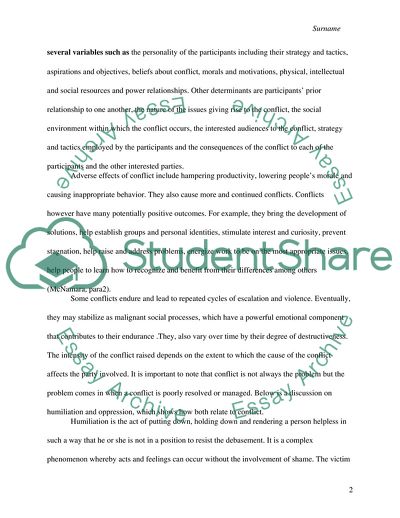Cite this document
(Oppression and Humiliation in Conflicts Article, n.d.)
Oppression and Humiliation in Conflicts Article. https://studentshare.org/sociology/1721729-oppression-and-humiliation-in-conflicts
Oppression and Humiliation in Conflicts Article. https://studentshare.org/sociology/1721729-oppression-and-humiliation-in-conflicts
(Oppression and Humiliation in Conflicts Article)
Oppression and Humiliation in Conflicts Article. https://studentshare.org/sociology/1721729-oppression-and-humiliation-in-conflicts.
Oppression and Humiliation in Conflicts Article. https://studentshare.org/sociology/1721729-oppression-and-humiliation-in-conflicts.
“Oppression and Humiliation in Conflicts Article”. https://studentshare.org/sociology/1721729-oppression-and-humiliation-in-conflicts.


